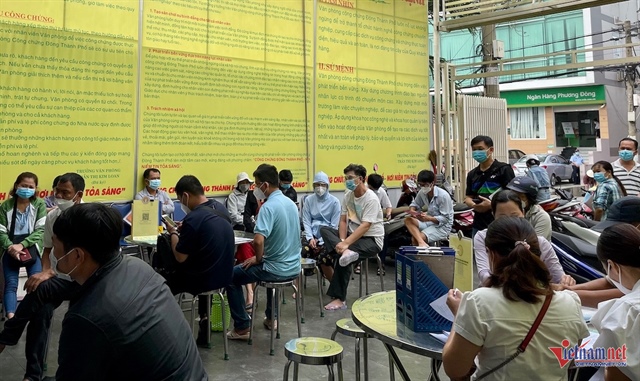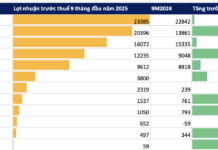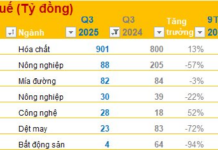Save Time and Costs
The Ministry of Public Security is seeking public input on a draft proposal to eliminate notarization and marital status verification for real estate transactions where digital data is available. This initiative has garnered initial support from the public.
Ms. P.K.P., a resident of Hiệp Bình Ward, Ho Chi Minh City, shared her experience selling a condominium, noting that the most time-consuming step during notarization was verifying her marital status.
Ms. P. explained that since the buyer was an acquaintance, they handled the notarization process without a real estate agent. After preparing the necessary documents—including the property title, ID card, and marital status certificate—she visited a notary office to finalize the sale.
However, the notary refused to proceed because her single-status certificate was issued two months prior. Despite her explanation that the certificate was valid for six months, the notary insisted on a written commitment before proceeding.
 Citizens waiting to notarize real estate contracts at a Ho Chi Minh City notary office. Photo: Anh Phương |
Ms. P. believes removing the requirement for marital status verification and notarization would significantly streamline transactions. However, she emphasizes the need for accurate and integrated databases to prevent fraud.
A seasoned notary from the Đ.T.P. Notary Office in Ho Chi Minh City highlighted the challenges of verifying marital status, citing cases where sellers misrepresent their status, leading to potential legal disputes and contract invalidation.
Need for a Deposit Agreement Process
Attorney Đỗ Thanh Lâm from the Ho Chi Minh City Bar Association supports digitizing real estate transactions and marital status verification but stresses the importance of adequate preparation in personnel and technical infrastructure.
He notes that digital processes would allow citizens to finalize contracts at land registration offices, ensuring seamless verification of property details and legal status. This would be more efficient than the current system, where notarization and land registration are handled separately.
However, Attorney Lâm cautions that land registration offices may face resource constraints if they also handle notarization. Additionally, the current notarization system involves private notaries who are accountable for errors, whereas state agencies lack clear liability mechanisms for potential mistakes.
He also emphasizes the need for comprehensive historical marital status data to support digital verification.
Attorney Nguyễn Đăng Tư from the Ho Chi Minh City Bar Association agrees, stressing the importance of a robust and synchronized database. He also highlights the need for a formal deposit agreement process in real estate transactions.
Attorney Tư raises concerns about Vietnamese expatriates who inherit property but lack Vietnamese citizenship, as current regulations prevent them from being listed as owners. He questions how such cases would be handled in a digital system without VNeID accounts.
He also inquires about the process for guardians transferring property on behalf of individuals with limited or no legal capacity.
Anh Phương
– 05:45 20/10/2025
Vĩnh Long Addresses Accountability for Unauthorized Construction in Residential Areas
The case of illegal construction in the Khang Thị neighborhood in Vĩnh Long has been assigned by the Provincial People’s Committee to relevant agencies for inspection, review, and coordinated handling in accordance with regulations. The Department of Home Affairs has advised the Provincial People’s Committee to submit to the Party Committee of the Provincial People’s Committee for the appraisal and accountability of individuals involved.
Proposed Relocation of Land Registration Offices to Commune-Level People’s Committees
The Land Management Authority proposes transferring the functions and duties of the Land Registration Office to the commune-level land management agency. This consolidation aims to establish a single, unified authority responsible for handling all land-related procedures for both citizens and businesses.
How Does the Ho Chi Minh City Land Registration Office Operate Post-Merger?
Ho Chi Minh City (HCMC) is home to 38 land registration office branches, all operating under the direct management of the HCMC Land Registration Office. These branches are public service units with their own official seals and are overseen comprehensively by the Director of the HCMC Land Registration Office.












































